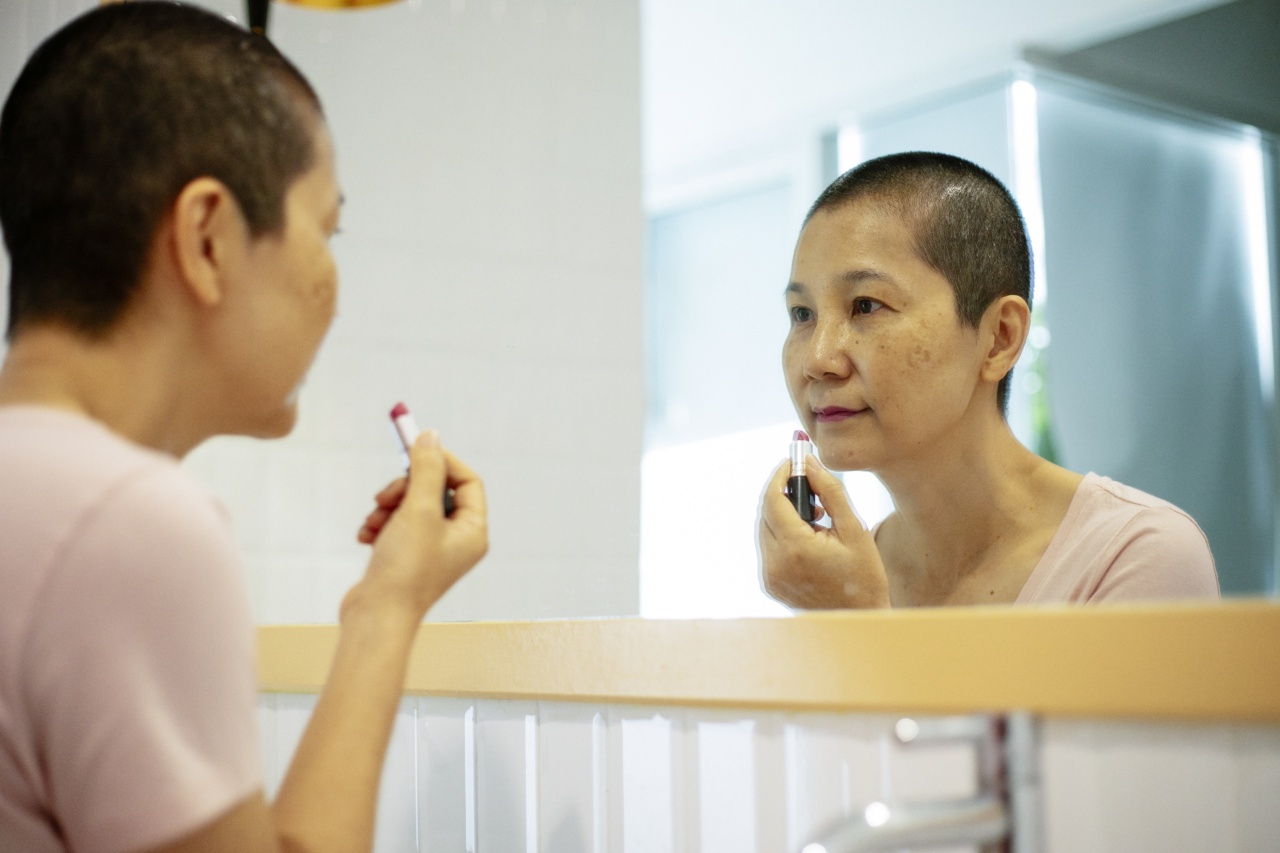Cancer, one of the leading causes of death worldwide, is a disease that affects people of all ages, genders, and races.
However, recent studies have shown that fit middle-aged individuals are less susceptible to cancer than individuals who are not physically active. Exercise and healthy lifestyle choices have been linked to a reduced risk of developing cancer.
What is cancer?
Cancer is a disease that occurs when abnormal cells divide uncontrollably and destroy body tissue. These abnormal cells can develop in any part of the body and can spread to other parts of the body as well.
There are over 100 types of cancers that can affect different parts of the body, including the skin, lungs, breast, colon, and prostate. Cancer can affect people of all ages, but the risk increases as we age.
The link between exercise and cancer prevention
There is a growing body of evidence that suggests that exercise can help reduce the risk of cancer. Studies have shown that regular exercise can help prevent certain types of cancer, such as breast, colon, and prostate cancer.
Physical activity has been linked to a reduction in inflammation, improved immune function, and improved energy metabolism, all of which can help prevent cancer.
How exercise can help prevent cancer
Regular exercise can help reduce the risk of cancer in several ways. Firstly, exercise can help reduce inflammation. Chronic inflammation has been linked to the development of cancer.
Secondly, exercise can help strengthen the immune system, which can help prevent cancer cells from growing. Finally, exercise can help improve energy metabolism, which can help reduce the risk of cancer by reducing the body’s exposure to harmful toxins.
The benefits of exercise for middle-aged individuals
Middle-aged individuals who engage in regular exercise and other healthy lifestyle choices are less susceptible to cancer. Exercise can help improve heart health and lung function, which can help reduce the risk of lung and heart-related cancers.
Regular exercise can also help manage weight and reduce the risk of obesity, which can increase the risk of several types of cancers, including breast, colon, and prostate cancer. Finally, exercise can help improve mental health and reduce stress, which can also lower the risk of cancer.
The role of diet in cancer prevention
In addition to exercise, a healthy diet can help prevent cancer. A diet that is rich in fruits, vegetables, whole grains, and lean protein sources can help reduce the risk of cancer.
Foods that are high in fat, salt, and sugar should be avoided or consumed in moderation. A healthy diet can help manage weight and reduce the risk of obesity, which can increase the risk of several types of cancers, including breast, colon, and prostate cancer.
The importance of regular cancer screening
While exercise and healthy lifestyle choices can help prevent cancer, regular cancer screening is also important. Regular cancer screenings can help detect cancer early, when it is easier to treat.
Middle-aged individuals should talk to their healthcare provider about the appropriate cancer screening tests for their age group and level of risk.
Conclusion
Cancer is a disease that affects people of all ages, genders, and races. However, regular exercise and healthy lifestyle choices can help reduce the risk of developing cancer, especially in middle-aged individuals.
A healthy diet, regular exercise, and regular cancer screenings are all important for cancer prevention and early detection. By making these lifestyle changes, individuals can take control of their health and reduce their risk of developing cancer.































